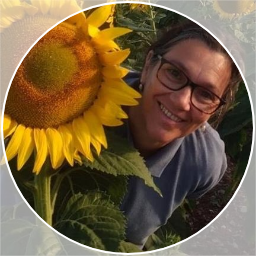Albertina Raposo
@ipbeja.pt
Instituto Politécnico de Beja
Albertina Raposo is from Setúbal, Portugal. She is a Coordinator Professor at the Polytechnic Institute of Beja (IPBeja) and Researcher at MARE - Center for Marine and Environmental Sciences. She coordinated (2018-2020) at IPBeja the Transforming Schools Project: Contributions to social change based on Education for Development and Global Citizenship at School. She is a member of the Education Network for Global Citizenship (ECG Network) and the Academic Network on Gobal Education and Learning (ANGEL).
EDUCATION
With a degree in Zootechnical Engineering from the University of Évora, she holds a Master's degree in Marine and Coastal Studies from the University of Algarve and a PhD in Environmental Sciences from the University of Évora.
RESEARCH INTERESTS
Among its current themes of scientific interest, with articles already published, we highlight Active Public Participation Processes for Nature Conservation, Nature-Society Relationship, Sustainability and Education for global citizenship.
Scopus Publications
Scopus Publications
Albertina Raposo, Anabela Durão, Ana Estradas, and Ivana Ribeiro
EDP Sciences
The aim of this work is to think about how technologies can have a role in motivation for learning. To respond to the necessary paradigm shift school faces, resulting from a different way of life in very recent past, the use of technology proves to be a powerful ally, ensuring student’s ability to respond to technical and scientific questions as well as creating an environment of trust and security in classroom. Considering that we are at a critical turning point in technological evolution and changes seem irreversible. What new challenges does the teacher also face in this field? To understand what makes the activity and the class remarkable for students, we are using semi-structured interview, focus group and questionnaire. Methods and technics used in the classes were diversified, and according to the intended goal. The use of these methods was not conditioned by technology but by the defined learning goals. Although this work is still beginning and needs to be continued, the results show that technology helps students to feel confident since it doesn’t expose individual (un)knowledge, allows them to learn with pleasure, generates group dynamics and globally, creates happy moments that increase motivation and improve learning. Results show us that it is imperative to realize how much the teacher as an important integrative agent mediating between the real/virtual, technological/scientific, curriculum/skill, cognitive/emotional worlds.

